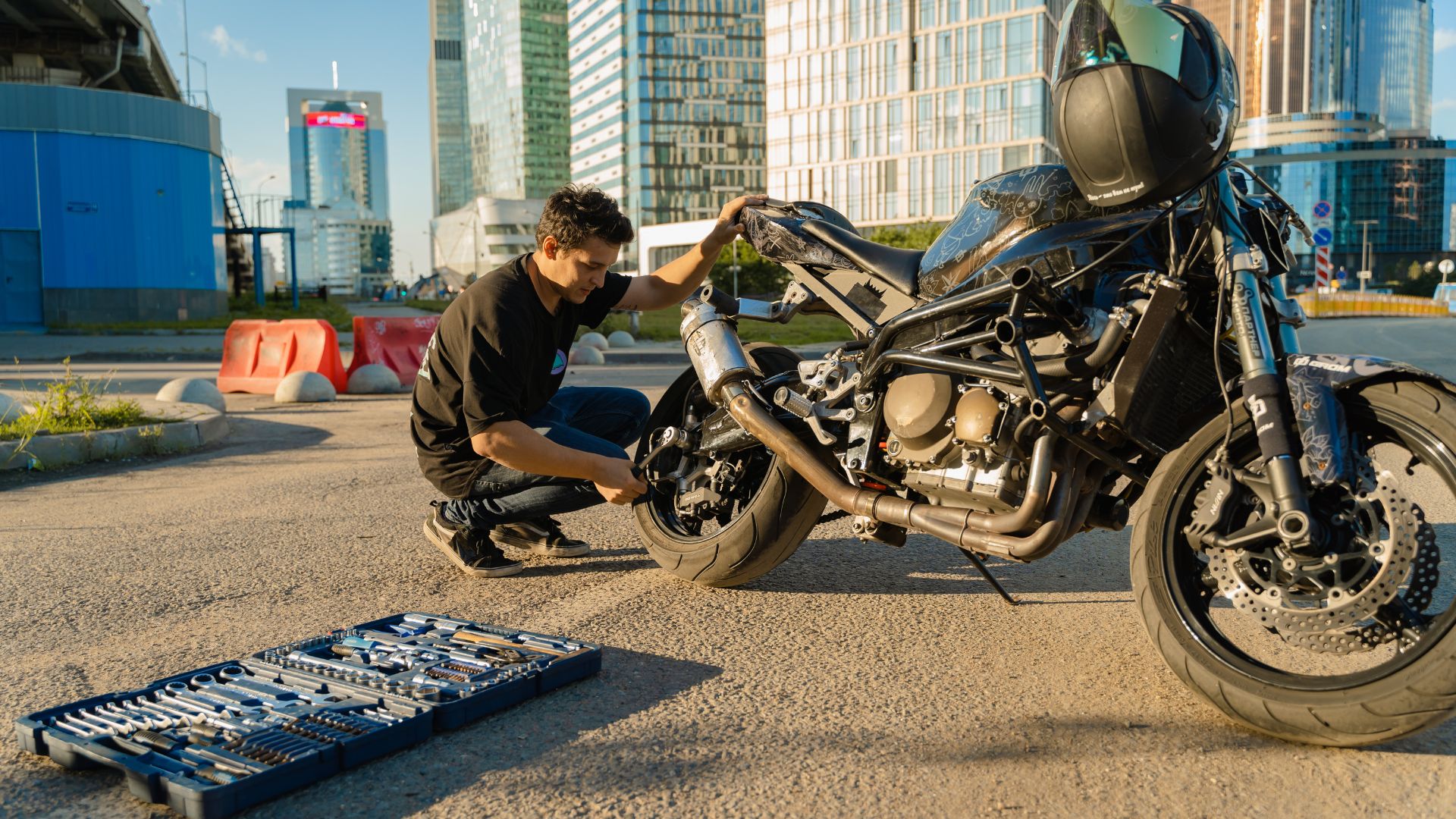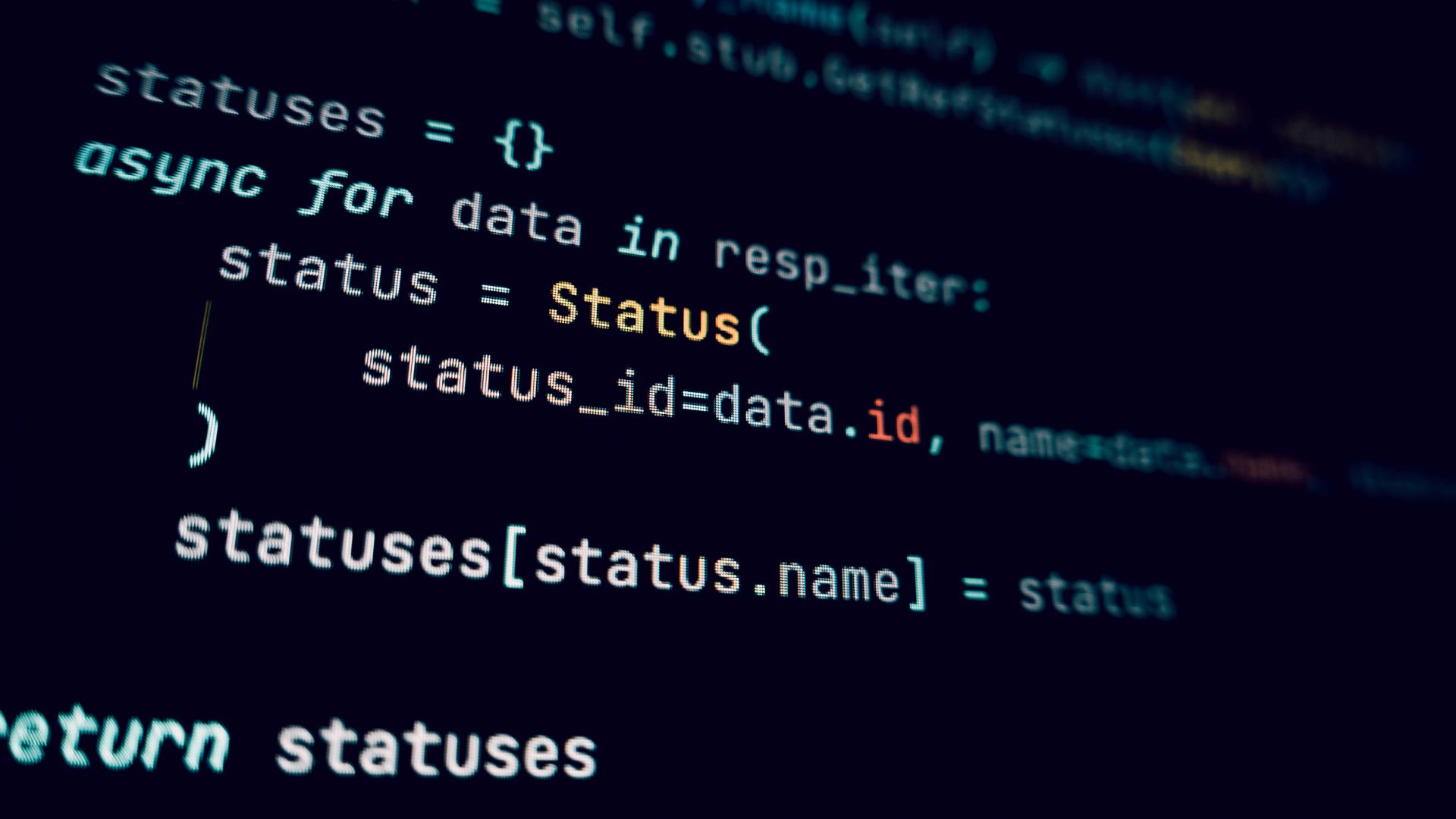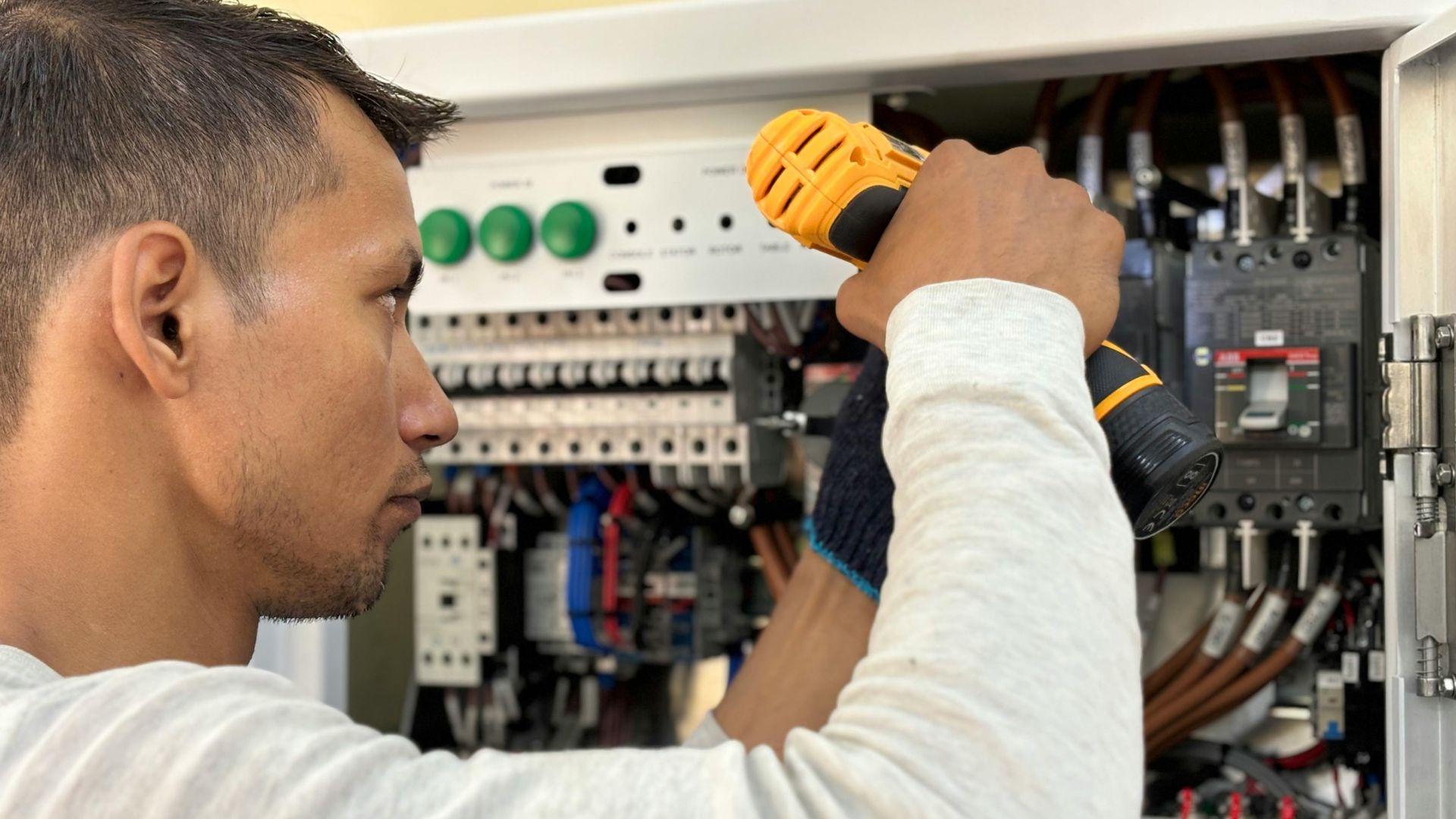Top Tools Every Motorbike Mechanic Need
A Guide for Students & Trainees
Motorbike mechanic is one of the highly demanded technical skills in Nepal and internationally. It includes the daily commuters to delivery services; everyone uses motorcycles, and skilled mechanics are always required. A successful mechanic requires the right set of tools along with technical knowledge.
For those who are looking to build a career in motorcycle mechanics, understanding the use of the right tools is the first step towards becoming skilled motorcycle mechanics.
What is Motorbike Mechanics?
This is the process of using a variety of hand tools, power tools, and diagnostic equipment to repair, maintain, and modify or upgrade two-wheelers. Every tool has a unique purpose, and understanding the right way to use the tools ensures proper safe, fast and professional work.
Whether you want to work in a garage, open your workshop, or go abroad for employment, mastering these tools is a must.
Essential Tools Every Motorbike Mechanic Needs
1. basic hand equipment
These are the foundations of any mechanic's toolkit:
• Wrench and spanner (open, ring, adjustable) - to tighten and loosen the nuts and bolts.
• socket sets and shafts - make engines and wheels easier.
• Screws (Flathed and Philips) - for electrical and mechanical fittings.
• Sarauta (cutting, nose, locking) - for catching, cutting and bending wires or parts.
• Alan keys (hex keys) - usually used in modern motorbikes for engine and body fittings.
2. special motorbike equipment
• Torque wrench - ensures that the bolt is tightened to the manufacturer's specification.
• Chain breakers and reversing tools - to remove and install motorcycle chains.
• Tire lever and bead breakers - help in tire removal and replacement.
• Clutch holding tool - used during clutch servicing.
• Filer gauge - to measure spark plug interval and valve clearance.
3. Electrical and Clinical Equipment
• Multimeter - Battery, wiring and electrical systems are required for testing.
• Spark plug examiner - quickly examines ignition performance.
• OBD (on-board diagnostics) is used in modern bikes to detect scanner-turty code.
4. workshop power equipment
• Air compressor - to inflate tires and use pneumatic devices.
• Effect wrench - makes it easier to remove hard nuts (such as wheel or engine bolt).
• Bench Grinder and Drill Machine - to shape, grind or drill metal parts.
5. security equipment
• Protective gloves - stop cuts and irritation.
• Security glasses - protect the eyes while grinding or cutting.
• Apron and shoes - Protect the mechanic from oil, sparks and heavy equipment.
Why learning tools are important in training
• Confidence in handling different types of repairs.
• Ensures accuracy and professionalism in servicing.
• Reduces the risk of accidents and mistakes.
• Prepare students for real-world workshops in Nepal and abroad.
Career opportunities for trained motorcycle mechanics
With proper training and equipment knowledge, you can work in:
• Local workshops and service centers
• Motorbike Dealership
• International Automobile Workshops (Gulf, Malaysia, Japan, etc.)
• Offer self -garage or business - offer repair and modification services
final thoughts
A motorbike without equipment is like a doctor without mechanical medical devices. By learning top equipment and its applications, students can become skilled professionals ready for the increasing demand in the motorcycle repair industry.
If you are willing to build your career in motorbike training, explore our motorbike mechanic training in Nepal.
Recent Post
-
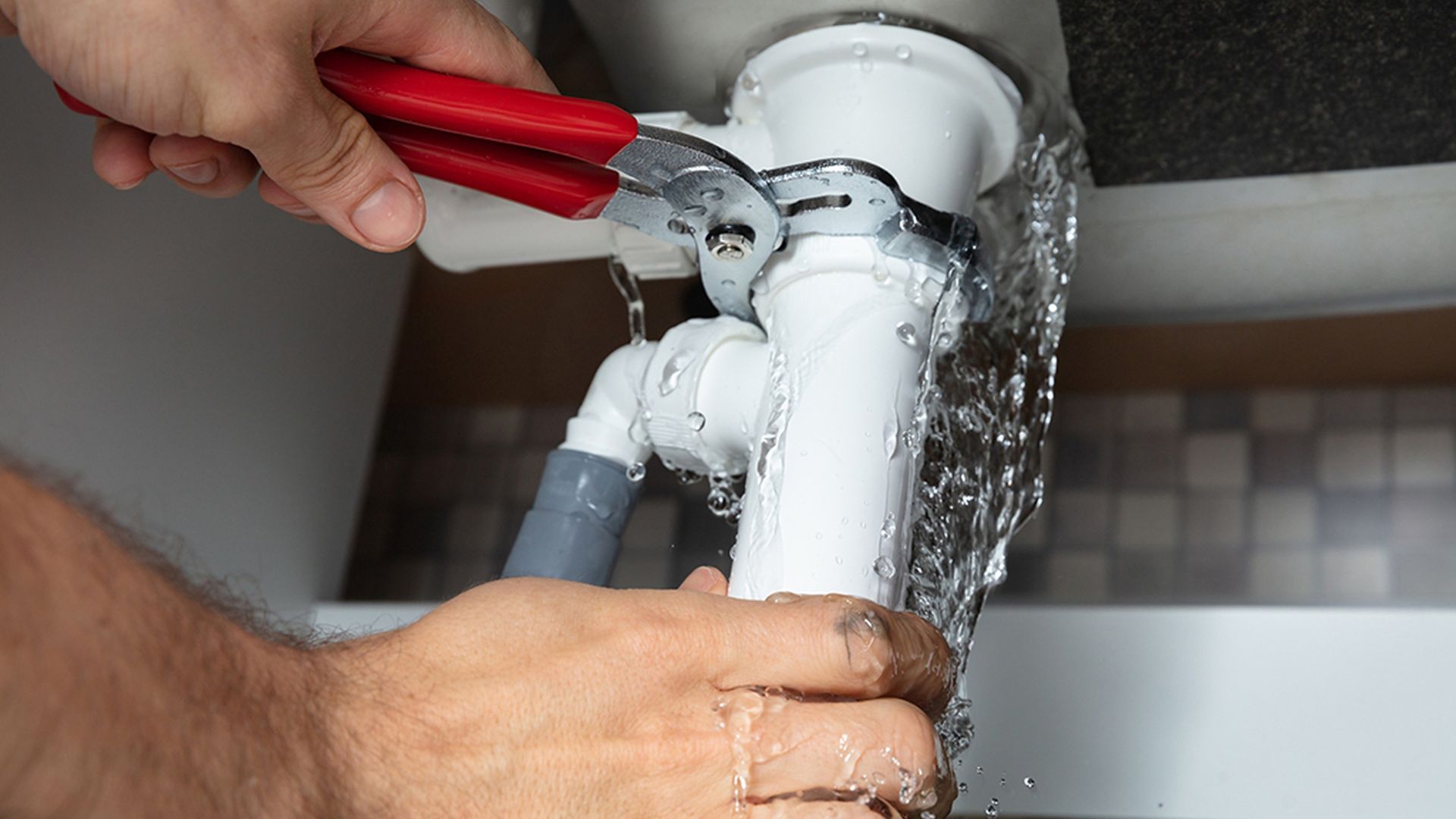 03 Feb 2025
03 Feb 2025How to Become a Plumber in Nepal
-
 11 Aug 2025
11 Aug 2025Common Digital Marketing Mistakes to Avoid
-
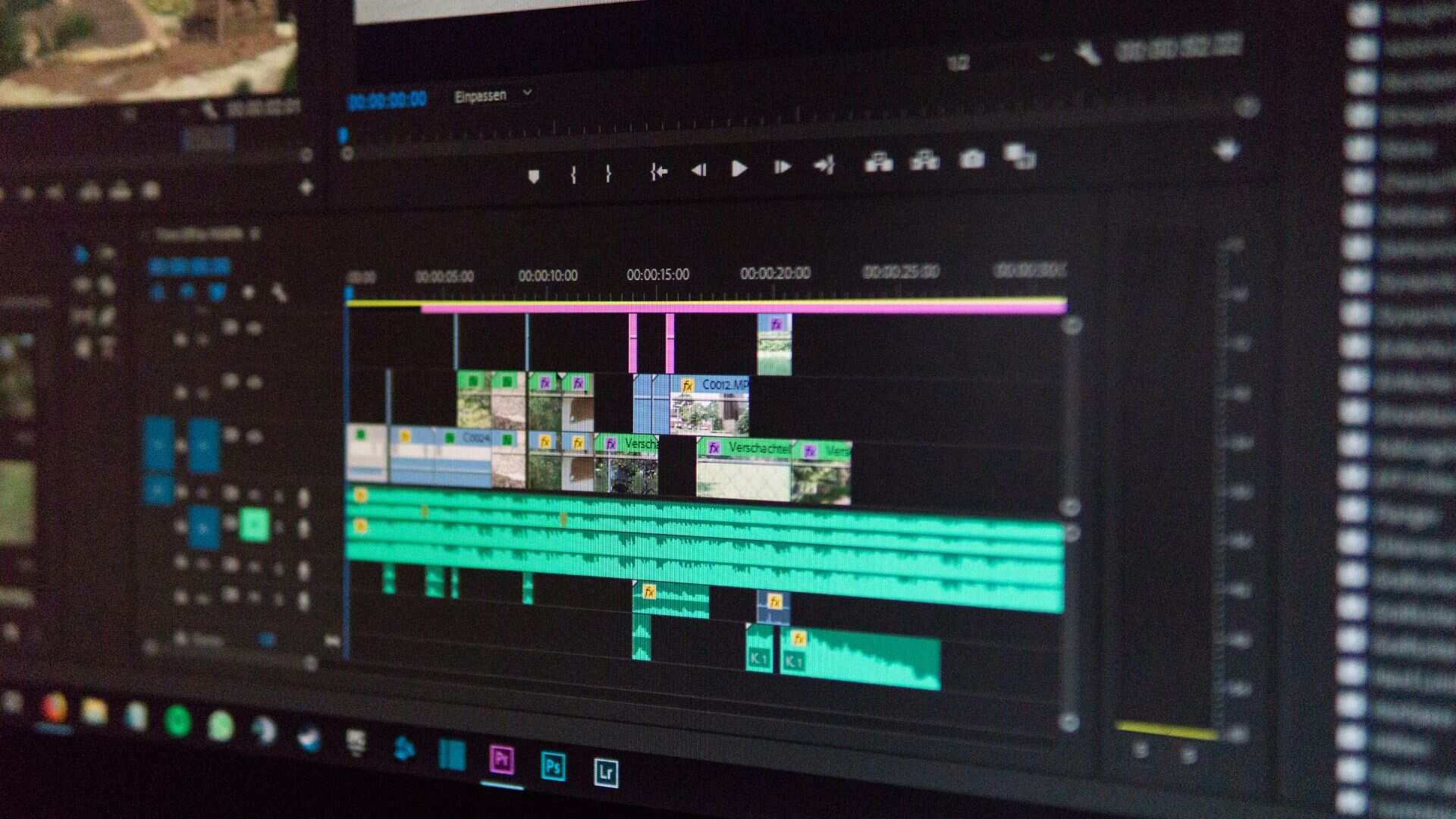 12 Aug 2025
12 Aug 2025How to Become a Professional Video Editor
-
 13 Aug 2025
13 Aug 2025The Impact of AI on the Future of Graphic Design
-
 13 Aug 2025
13 Aug 2025How to Secure Your WordPress Site from Hackers
-
 14 Aug 2025
14 Aug 2025Common AC Problems and How to Fix Them
-
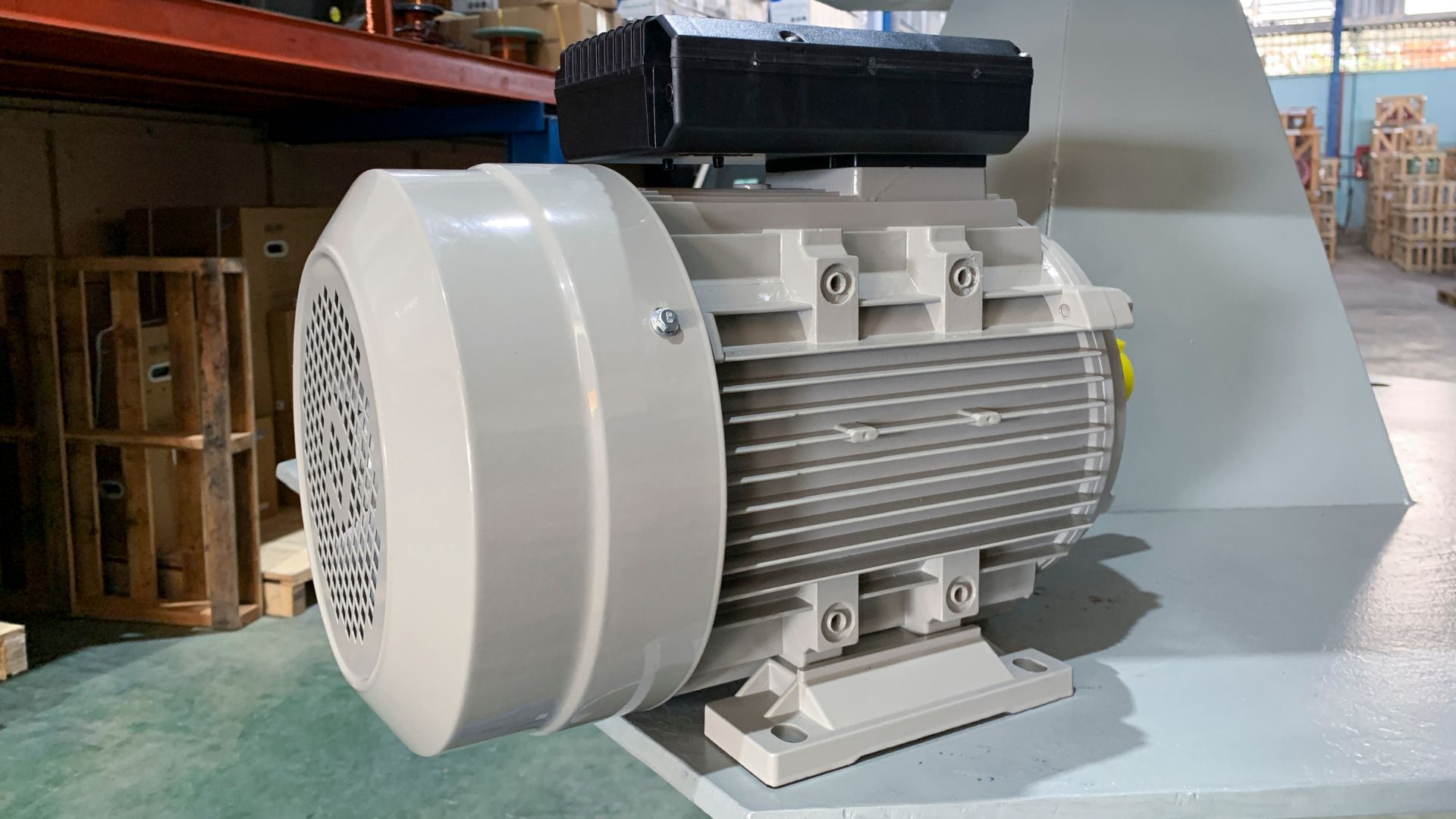 14 Aug 2025
14 Aug 2025Career Opportunities in Motor Rewinding in Nepal
-
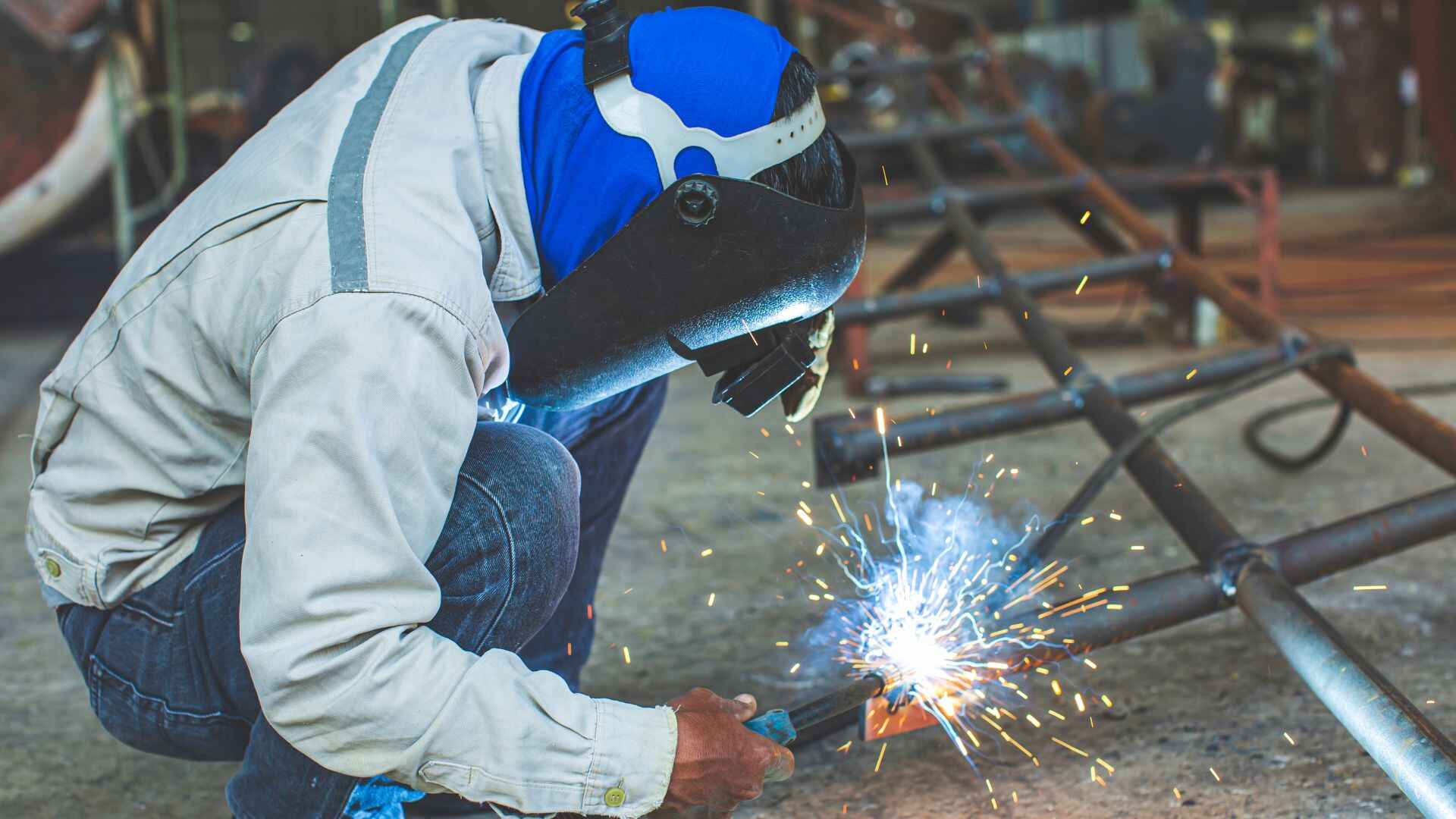 17 Aug 2025
17 Aug 2025Different Types of Welding and Their Uses
-
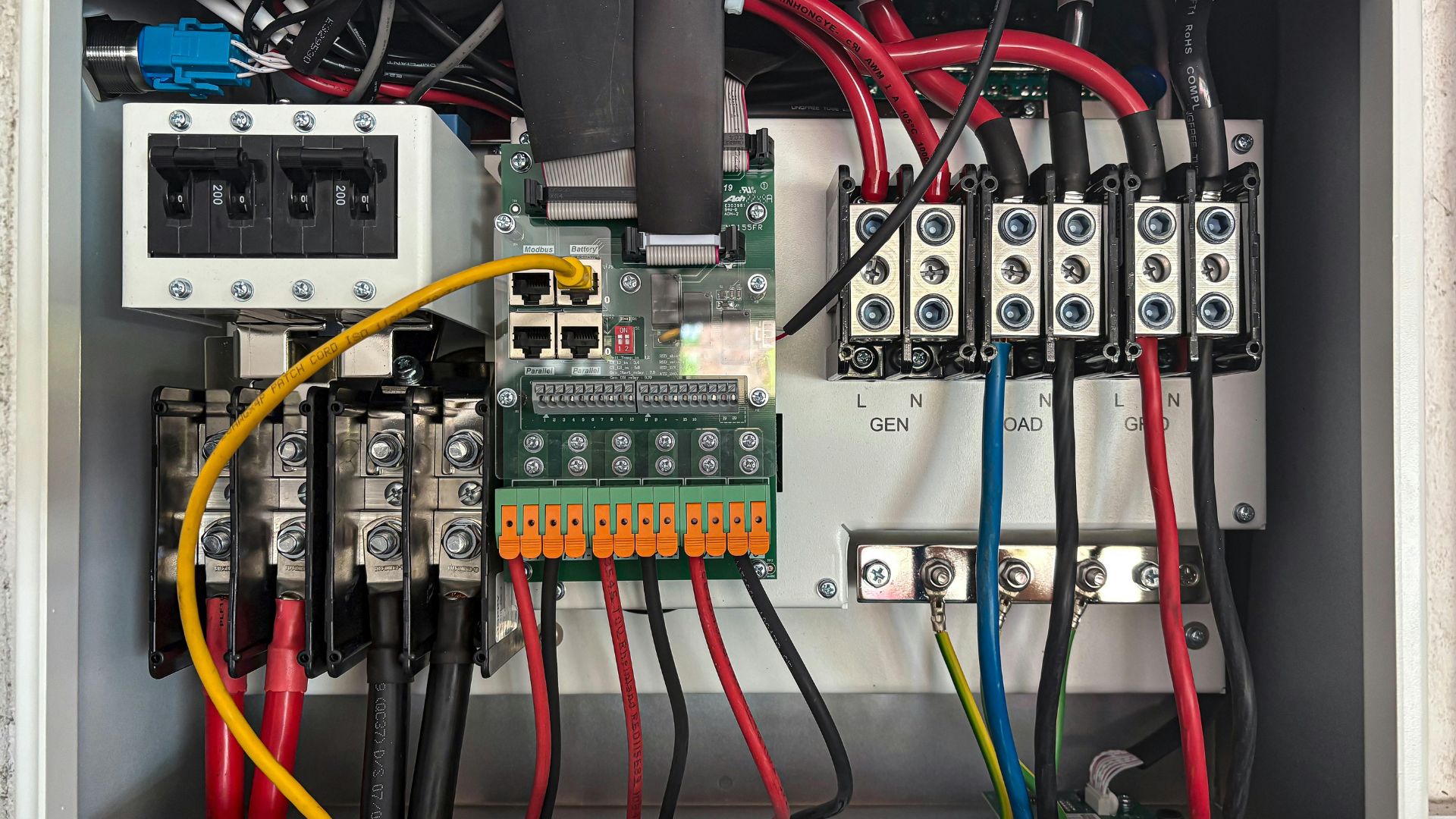 18 Aug 2025
18 Aug 2025How to Plan and Install Industrial Wiring
-
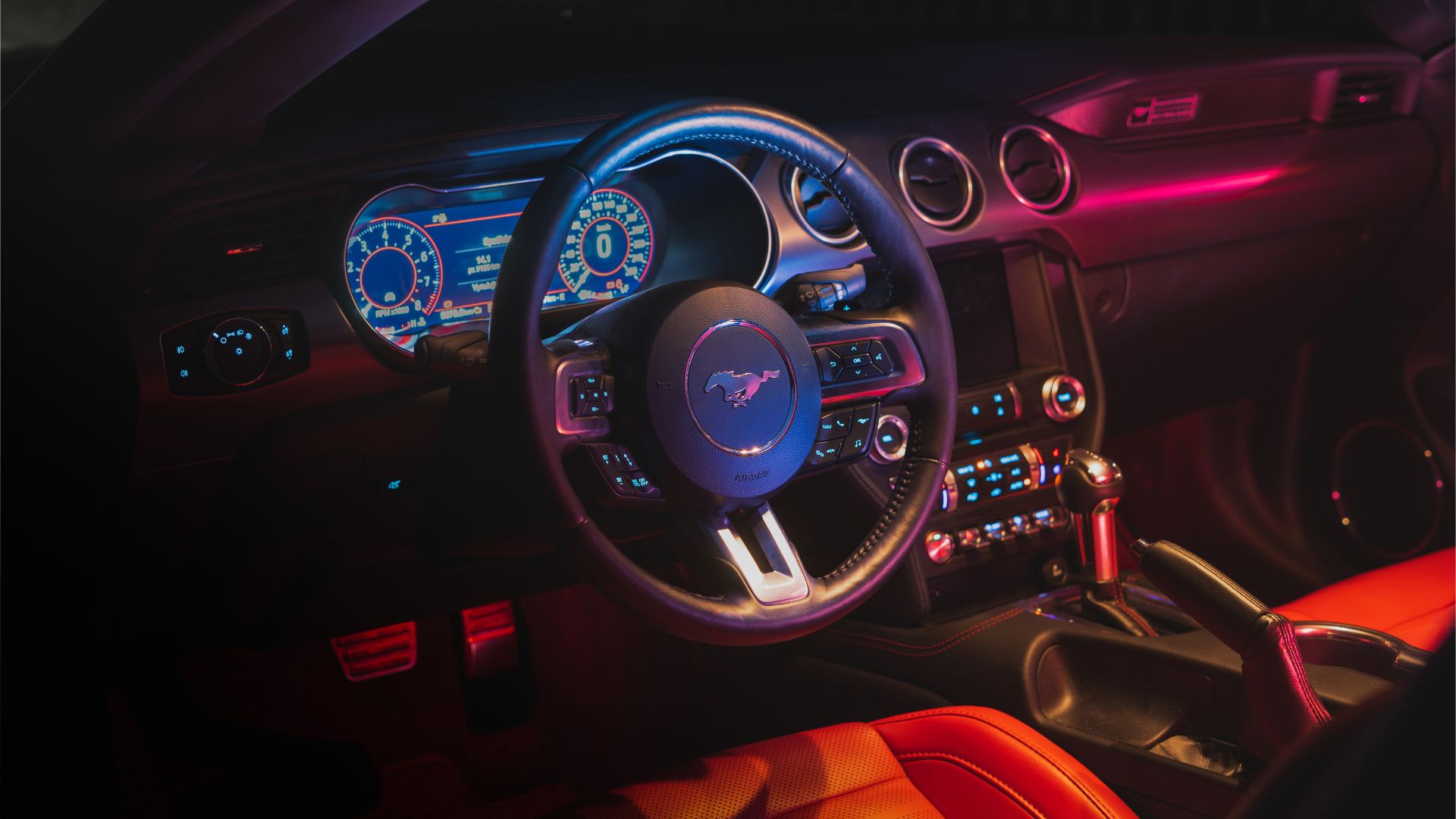 19 Aug 2025
19 Aug 2025Latest automobile technologies in 2025
